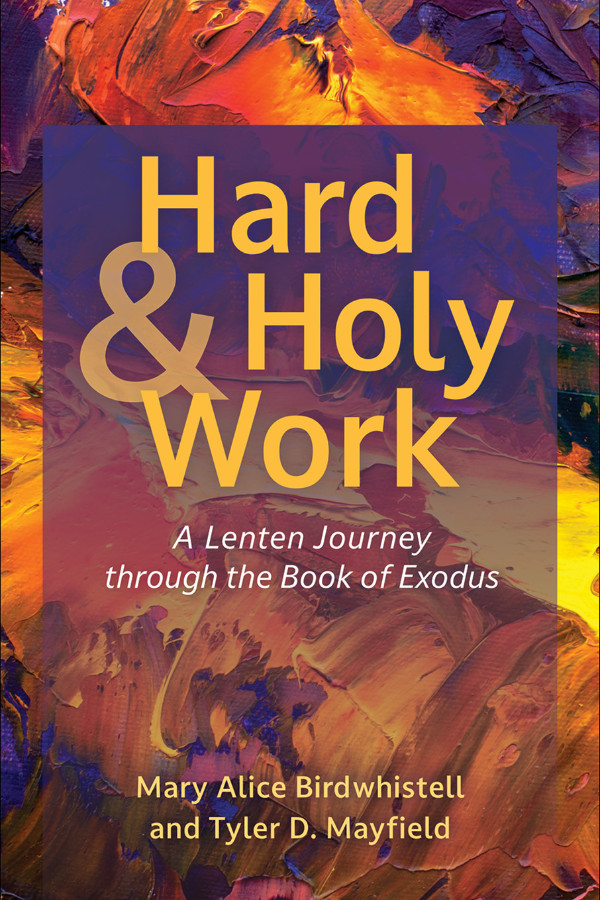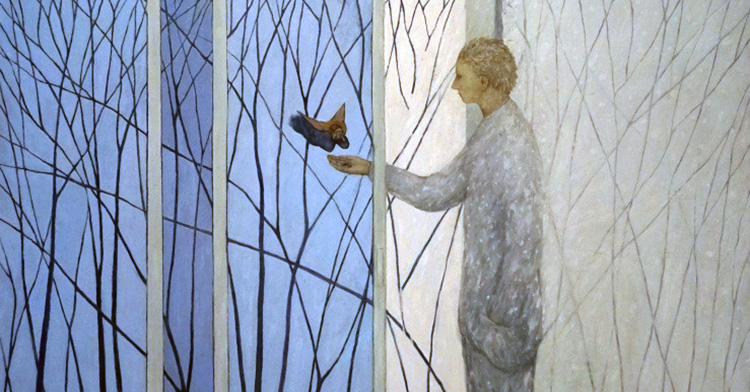There is a scene in the film, “The Great Santini,” that has always had a powerful Lenten message for me. The film based on the book by Pat Conroy tells the story of a Marine pilot and his wife, his teenage son, his pre-adolescent daughter and his early elementary-aged son. The family is used to moving every few years as a part of normal military life. In the film story, they find themselves living in an old house in Beaufort, South Carolina with the father stationed at the nearby Marine airbase.
story of a Marine pilot and his wife, his teenage son, his pre-adolescent daughter and his early elementary-aged son. The family is used to moving every few years as a part of normal military life. In the film story, they find themselves living in an old house in Beaufort, South Carolina with the father stationed at the nearby Marine airbase.
The father is clearly damaged goods. He has a tough time expressing his emotions maturely and relating lovingly to his wife and children. He treats his children the way he treats his subordinates. One night he comes home drunk from an evening with his fellow officers and is in a foul mood. When he enters the family kitchen, he gets into an argument with his older son. When his wife intervenes, he slaps her. This causes his older son to come to his mother’s defense by striking his father with his fist. So, the father begins to pummel his son with his own fists. As he is doing so, his young daughter jumps on his back with her arms tight around his neck, yelling: “No Daddy, no!” The younger son, whimpering with his eyes shut tightly, wraps his entire body around one of his father’s legs trying to prevent him from stepping into his punches.
Then, off in the distance, there is the sound of a loud train whistle blowing. The father freezes. The train whistle, it seems, serves like sanctus bells in the church calling him to attention and to the awareness of what he was doing. As the train whistle continues to blow, he drops his fists, and he goes limp. His daughter slides off his back, his younger son disentangles himself from his leg. His older son gets up from the floor. Not another word is spoken that night and the father leaves the kitchen.
Lent is that train whistle, those sanctus bells, for me. Entering into my prayers in Lent and to the disciplines of the season, I am confronted by myself. I am shaken awake by the Holy Spirit from the spiritual lethargy in which I find myself. And I come to a greater self-awareness about who I am and what I continue to become as a creation of God. This is profoundly important personal work for me, and I believe, for all of us.
What are your train whistles or sanctus bells catching your attention this Lent? How are you being shaken by the Holy Spirit? What greater self-awareness are you experiencing?
Our answers to such questions should not be dismissed, devalued or ignored, for as we go deeper into the truth about ourselves we receive a spiritual gift from God: the invitation to a spiritual maturity based on that deepest truth about ourselves. Such a truthful admission and recognition opens for us the vastness of God’s grace and mercy.
And when we arrive at Holy Week, we will not see the events there as the unjust, tragic death of a good man at the hands of evil people. No, we will see there on the cross of Christ, our Savior and Lord.
Scott Benhase is the Episcopal Bishop of the Diocese of Georgia.













